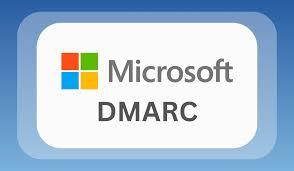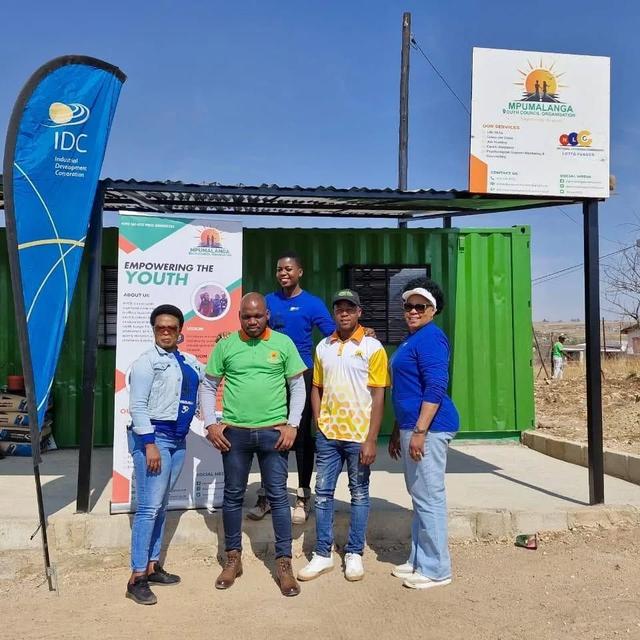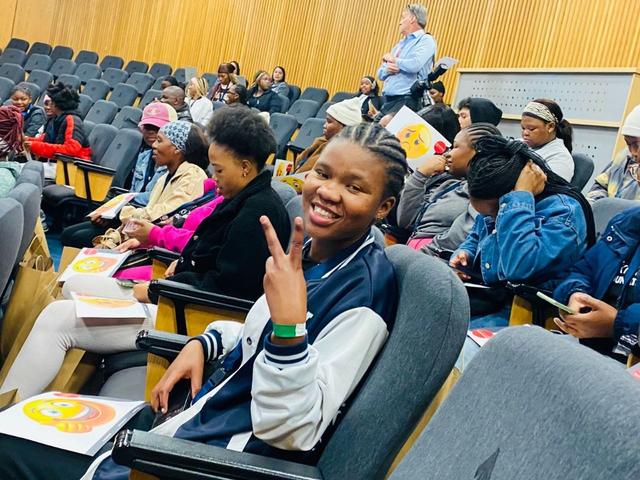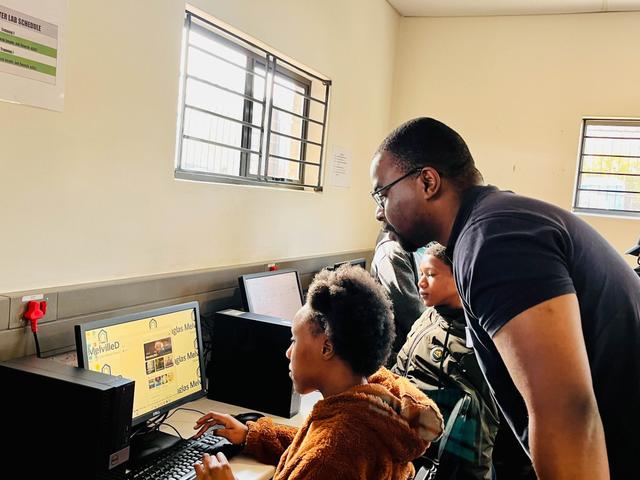
- Home
- Information Centre
- Microsoft S New Email Requirements A Wake Up Call For Ngo Leaders
Microsoft’s New Email Requirements: A Wake-Up Call for NGO Leaders
By Philani Mdingi – Executive Director, Tech for Good
On May 5, Microsoft began enforcing stricter email authentication requirements. If your organisation is unprepared, your emails, whether funding proposals, donor reports, or programme updates, may never reach their intended recipients. They could be flagged as spam or blocked entirely.
This may appear to be a technical issue best left to IT teams, but in reality, it strikes at the heart of trust, credibility, and legal compliance. For NGOs, civil society organisations, and development agencies across Africa, this moment demands leadership, not just technical fixes.
DMARC Is Now a Strategic Imperative
Microsoft’s update requires the implementation of DMARC (Domain-based Message Authentication, Reporting and Conformance), a protocol designed to verify that emails sent from your domain are authentic. While the new requirements apply to high-volume senders, the implications go much further. Google and Yahoo have already adopted similar standards. This is not a trend; it is the new normal.
DMARC, along with SPF and DKIM, acts as your organisation’s digital signature, preventing cybercriminals from impersonating you in phishing scams. Without it, malicious actors can exploit your domain to deceive donors or partners, jeopardising your credibility, your funding, and your mission.
The Cost of Inaction Is Real, and Rising
According to Interpol’s Operation Africa Cyber Surge II, nearly $193 million was lost to cyber fraud, including email impersonation and business email compromise, across 19 African countries. NGOs were among the targets. The reputational and financial damage from such attacks can be irreparable.
Email is still the backbone of how we engage donors, mobilise communities, and coordinate teams. When messages go undelivered, the cost isn’t just technical, it’s strategic. Critical updates fail to reach stakeholders. Grant opportunities vanish. Community trust erodes.
Compliance Isn’t Optional, It’s a Condition for Continued Partnership
If your organisation engages European donors or partners, you are already subject to GDPR (General Data Protection Regulation). Failing to authenticate your email increases the risk of a data breach, exposing donor or beneficiary information, breaching privacy laws, and triggering regulatory consequences.
In a funding landscape where compliance is increasingly tied to eligibility, failure to implement basic email security measures could directly impact your ability to secure future grants.
A Simple, Achievable Fix-But Leadership Is Required
Implementing DMARC is not complicated, but the first step must come from leadership. Just as you would never leave your office doors unlocked overnight, the same principle must apply to your digital infrastructure. Securing your email systems is not only responsible, it’s essential.
At Tech for Good, we understand that many NGOs operate without dedicated IT teams, and that technical jargon can be overwhelming.
This Is About More Than Email, It’s About Institutional Credibility
Implementing DMARC is not just a technical upgrade, it is a public signal that your organisation values digital responsibility. It reflects a commitment to safeguarding your stakeholders, maintaining donor trust, and ensuring your communications infrastructure can support your mission effectively and securely.
May 5 has passed let’s act before another attack or failed grant application forces us to.
Philani Mdingi is Executive Director of Tech for Good, a consultancy supporting African civil society and development organisations in building secure, ethical, and inclusive digital ecosystems.
www.techforgood.co.za






